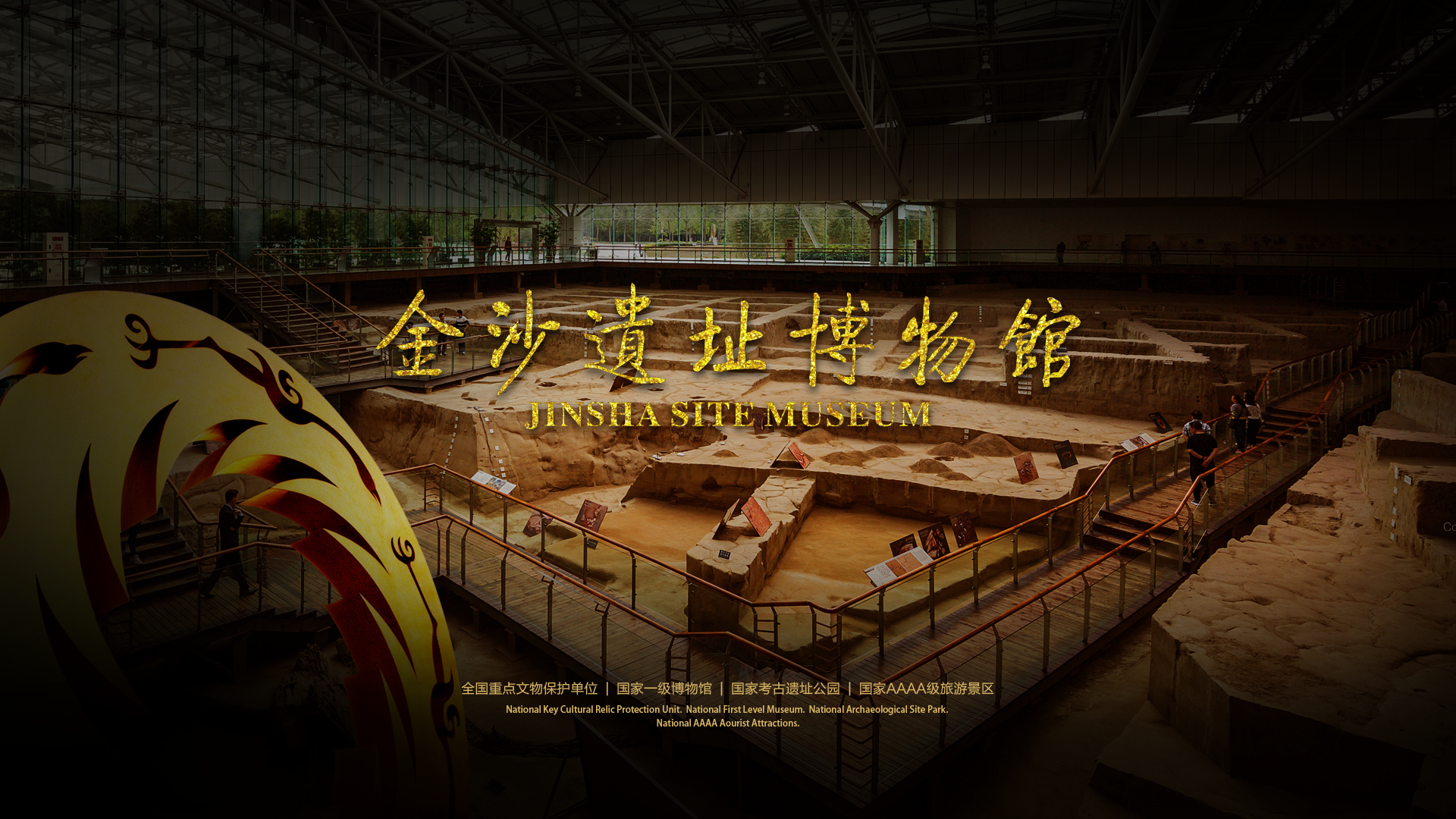Music & Chengdu, Culture & China “A Dialogue with the Ancient Chengdu” Opened in Linz, Austria
Release Time: 2017-11-02
Thanks to the efforts by the Chengdu Municipal Foreign and Overseas Chinese Affairs Office and Chengdu Culture, Radio and TV, Press and Publication Bureau, the large exhibition “A Dialogue with the Ancient Chengdu”, co-sponsored by the Brookner Performing Arts Center and the Jinsha Site Museum was grandly opened on the Brookner International Music Festival, Austria on Sep. 12. It is learned that the exhibition covered 25 pictures representing the Chengdu culture, in particular, the Jinsha culture, and the copies of the “stone resonator” unearthed at the Jinsha Site Museum to fully show the Chengdu style beginning with the Jinsha Site and further cast the international image of this city. The exhibition will continue to Sep. 25.

Austria Bruckner International Music Festival is one of Europe's most famous classical music festivals held annually in Linz, the capital of Upper Austria from 1974 onwards. In order to better promote the exchange between Chinese and Austrian culture and music for common development, China was invited as the guest of honor this year, and the theme of the festival was finalized as “Meeting with the Music of A Cultural China”. The special session of Chengdu, “A Dialogue with the Ancient Chengdu”, was arranged at the beginning, on which, Mr. Zhao Bin, the Chinese ambassador to Austria, Mr. Krueger, the mayor of Linz, Mr. Foley, a local celebrity of culture and the president of the Brookner International Music Festival, participated in the opening ceremony of the exhibition and made their speeches. Moreover, the President of Austria Heinz Fischer attended the opening ceremony of the music festival. It is believed that the Chengdu exhibition at the center would impress him a lot.

Chengdu at the southern China has a civilization history of more than 4,500 years and a foundation history of over 3,200 years, where may famous cultural heritages were left, amongst which, the Jinsha Site—known as the original of its foundation history—was regarded as another origin of China with its rare Bronze ware, goldware and sacrifice site. Thus, Chengdu, a city beginning with the Jinsha Site, was selected as the representative of China to dialogue with the Austria in culture music and arts.
Reportedly, on the exhibition, photos about Chengdu culture and an interactive device—a “stone resonator” were showed. Those photos covered the pandas on behalf of ecology, the Du Fu Thatched Cottage and the Wu Hou Shrine on behalf of its culture, and Sichuan Opera on behalf of its intangible cultural heritage. Visitors of the music festival would see a diversified Chengdu. They were also interested in the special photos and considered it a unique experience to understand Chengdu on the concert.
At the same time, the “stone resonator” placed in the center of the hall attracted the most visitors that they attempted to create the sound from far ancient and the old melody from China. The “Stone Resonator” was unearthed at the Jinsha Site and rewrote the idea that “music was missing” in Shu. It was regarded as one of the oldest percussion instruments in China and played a key role in the ceremonies and sacrifice activities 3,000 years ago. When percussed, it created the best songs of the world which perfectly combined with the symphony in the hall.
The discovery of the Jinsha Site in 2001 brought back the past glories and its missing history of the ancient Shu Kingdom and backdated the foundation history of Chengdu to over 3,000 years ago. It has enriched the connotation of this renowned historical and cultural city significantly. 2015 was the 10th anniversary of the Sun Bird being selected as the “Logo of China Cultural Heritage” and the 5th anniversary of its being an element of the city image. The Sun Bird has always been a visual symbol for publicity of Chengdu.
On the festival, visitors expressed appreciation for the show of Chengdu Jinsha culture, regarding that through it, they had a more in-depth understanding of the city, the “land of abundance” with a long history and vitality. The large-scale exhibition on the festival not only fully demonstrated the charm of Chengdu, but also strengthened the friendly and cooperative relations between Linz and Chengdu, and bridged China and Austria in music and culture.






